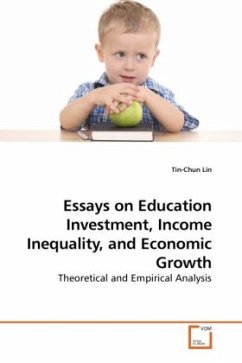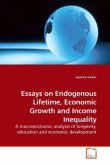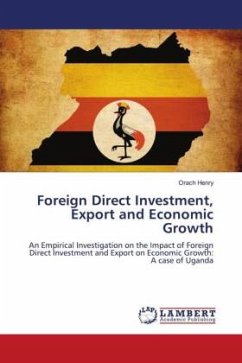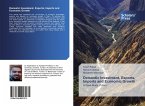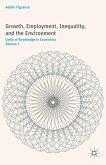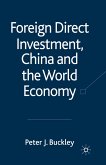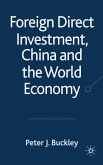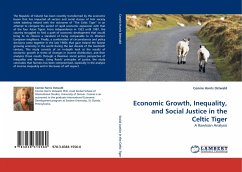The purpose of this book is to learn the relationship among education, productivity, income distribution, and economic growth, as well as to link the structure of the educational system to the economic and social character of the society. Essay 1 examines the equilibrium levels of public and private education in a model where public and private education can exist at the same time. There is no possibility for collapse of the public education system; however, the private education system will collapse in the long run if human capital grows faster in the public education sector than in the private education sector. Income inequality declines over time, and a heterogeneous economy becomes a homogeneous society in the long run. As long as income convergence exists in an economy, a balance growth path exists in the long run. Essay 2 investigates the effects of investment in education and the role of technical progress on economic growth in Taiwan in 1964 2000. Education provides a positive and significant effect on output growth in Taiwan, but the role of technical progress does not appear to be extraordinarily important.
Bitte wählen Sie Ihr Anliegen aus.
Rechnungen
Retourenschein anfordern
Bestellstatus
Storno

